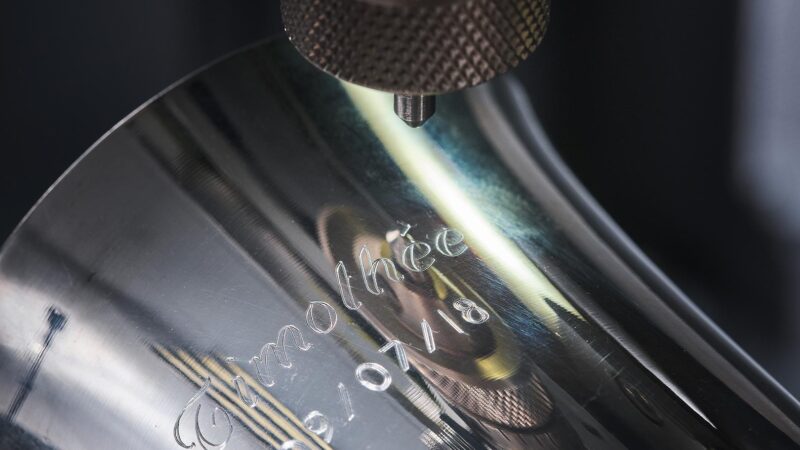The Best Water Filter To Obtain Pure Water

The basic definition of water as a colorless, odorless, tasteless liquid tells us about the extent to which a liquid must be pure for it to be considered or be called water. If any liquid lacks any of these essential properties, then it is not qualified to be called pure water, because, for a fact, it is not pure.
Today, it is hard to get water that has these properties in total perfection. If it is 100% odorless, tasteless and colorless? You may think you can answer that correctly because the water you have in your home appears to be so, but it is difficult to tell if the water is free from contamination. So how can you put yourself on the safer side to protect you and your family from the harmful effects of drinking and making use of impure water? A good water filtration system of course.
A water filtration system is the use of water filters to remove impurities in water and solve the harmful problems that the intake of contaminated water may lead to. There are various types and processes of water filtration because different types of impurities and contaminants exist; thereby making various solutions available. Now, let’s take a look at the best water filters.
The Best Water Filters
It is important to note that before going for a particular method or process of water filtration, you must know the exact type of challenge you have with the water you want to purify. All water filters do not serve the same purpose, even though they are all meant to make the water safe for consumption.
- Activated Carbon Filters
Activated carbon filters, such as a Berkey filter are typically good at removing chlorine from water. When this is achieved, the odor and taste of the water will be improved to make it much better for consumption. However, some are now made to do much more than just to remove chlorine. Some activated carbon filters can remove many more contaminations like mercury and lead. It does this by bonding with the impurities and contaminants in the water, though it doesn’t really absorb them.
It is important to note here, however, that activated carbon filters cannot serve the purpose of removing inorganic pollutants like nitrates, arsenic, and fluoride. So if you are aiming to free your water from these pollutants, activated carbon filters are not the best option.
- Reverse Osmosis
This is one of the best water filtration methods because it can remove contaminants, impurities, and also leave the water odorless and tasteless. It removes unwanted molecules that contaminate water, ions, and other impurities, through the use of a partially permeable membrane.
With reverse osmosis, the removal of hexavalent chromium, arsenic, salt, copper, and other toxins can easily be achieved. The reverse osmosis is quite special because of the kind of result it guarantees, which has made it one of the best water filter methods to obtain pure water.
- Ion Exchange
Ion exchange is the process of replacing the unwanted ions in water with the needed ions that will make the water better for consumption. It is mostly used to soften hard water with calcium and magnesium ions, by replacing them with sodium ions.
The hardness of water can be detected when it begins to leave stains on dishes and other utensils. So with the use of ion-exchange filters, this can be corrected. But as one of the ineffective use of ion exchange filters, they cannot be used to remove organic materials, particles, or bacteria because they are not specifically built for that purpose.
- Ultra Violet Filters
One of the best technological advancement methods of eradicating bacteria and viruses in water, to make it safe for drinking is the use of ultraviolet filters. The presence of these microorganisms in water can harm one’s health, but this method of filtration can take care of these hazardous organisms. Being a more environmentally friendly option, Ultra Violet filters kill bacteria without the use of chemicals, but rather different frequencies of UV light.
As already said, these filtration methods do not serve the same purpose, so they cannot be singly relied upon. You may need to combine them to make your water perfect for consumption.







